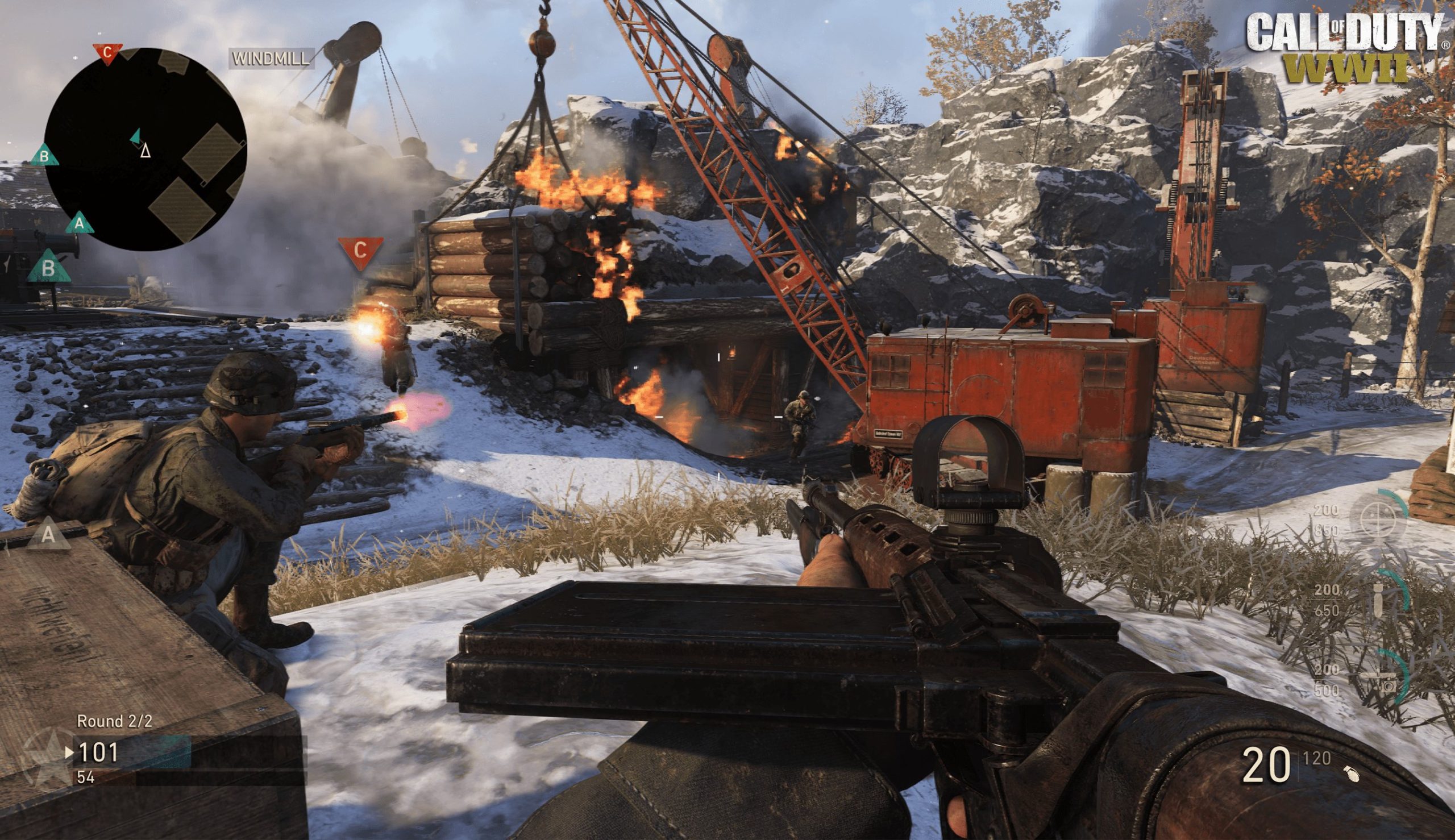Your gaming session just became a cybersecurity nightmare. Activision completely shut down Call of Duty: WWII PC servers after hackers discovered they could hijack players’ computers simply by joining the same online lobby. This isn’t your typical cheating scandal—attackers gained full control over victims’ PCs, potentially opening applications or installing malware without any user interaction required.
The exploit works exactly as terrifying as it sounds. Join a lobby with a malicious player, and they could execute arbitrary code on your machine. Think of it like getting rickrolled, except instead of Never Gonna Give You Up, someone’s potentially accessing your bank accounts. This kind of remote code execution (RCE) threat only adds to growing concerns after the 184 million-account leak affecting Roblox, Facebook, and Snapchat, where basic online interactions now carry real-world risks.
This security breach spread faster than a TikTok dance trend, but the underlying problem isn’t new. Similar RCE exploits have plagued other legacy Call of Duty titles, including Black Ops III. The pattern reveals a troubling reality: Activision’s approach to legacy game security has been about as reliable as your Wi-Fi during a crucial video call.
PC Game Pass users face particular risk, as the platform specifically amplifies exposure to these legacy titles. Xbox players dodge this bullet entirely—the exploit only affects PC versions due to architectural differences in how the platforms handle network code.
Your safest move? Avoid legacy Call of Duty titles on PC until official patches arrive. The gaming industry’s treatment of older multiplayer games creates a digital minefield where yesterday’s entertainment becomes today’s security threat. Until publishers prioritize long-term security over quarterly releases, your nostalgia might cost more than just time. Meanwhile, the broader threat looms even larger—Steam accounts breach signals that no platform is immune.






























